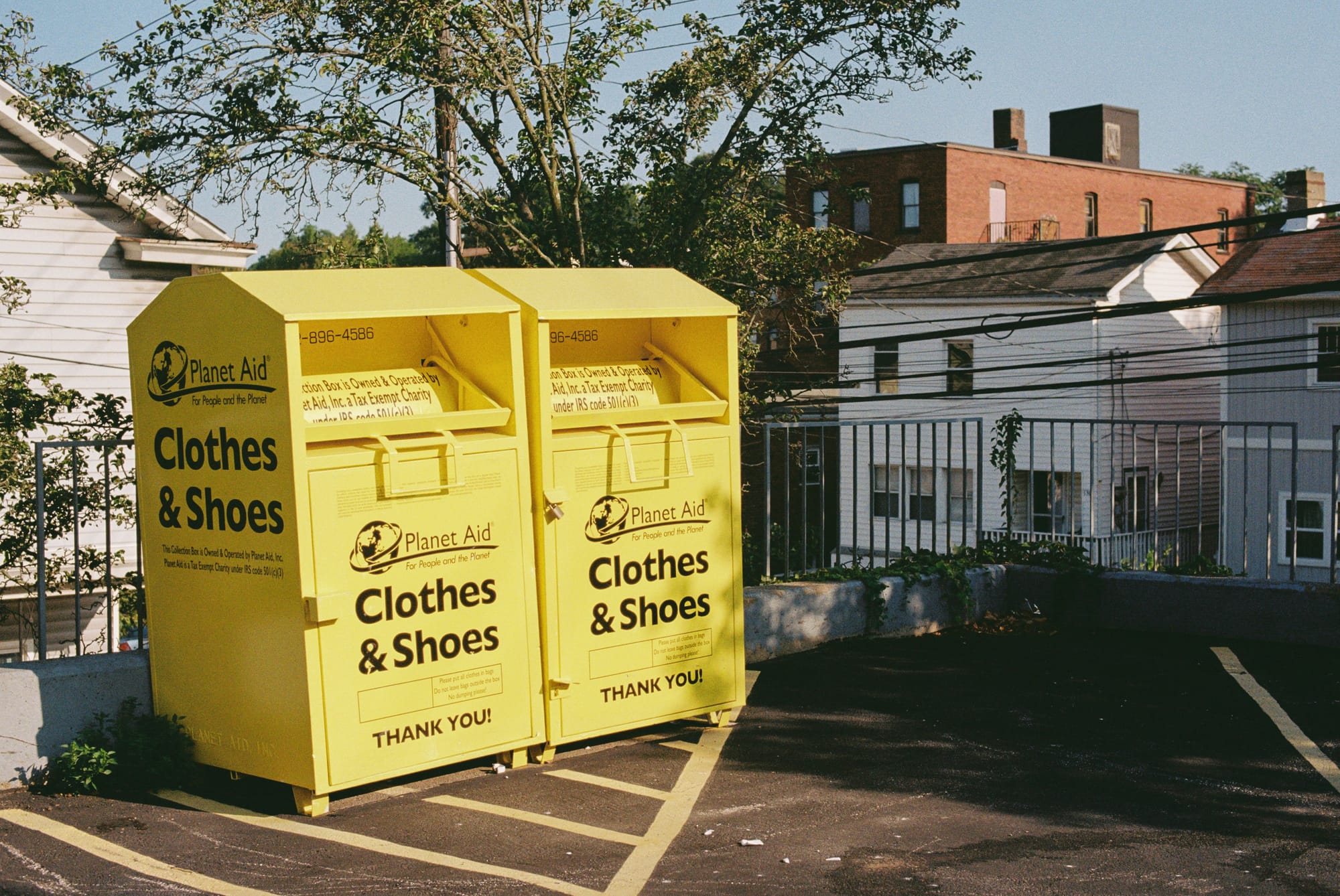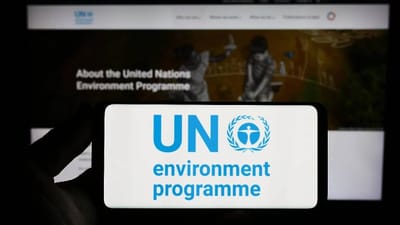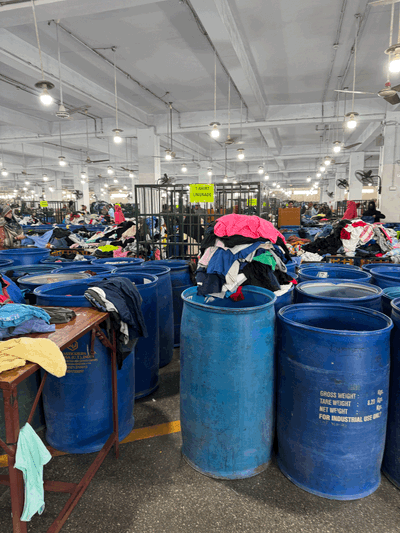At a time when climate action is accelerating and circular economy goals are gaining traction globally, the humble world of secondhand textiles is finding itself in the policy spotlight. And according to Jessica Franken, Director of Government Affairs at SMART (Secondary Materials and Recycled Textiles Association), that spotlight is both overdue and urgently needed. “We’re at a pivotal moment,” she says, “where a growing number of policymakers at the state, federal and international level are looking at measures that will fundamentally shape the future of textile reuse and recycling.”
Franken leads one of the most active and influential policy programmes in the global textile reuse space. SMART represents businesses managing the complex logistics of collecting, sorting, and redistributing millions of pounds of post-consumer textiles annually. As Extended Producer Responsibility (EPR) laws spread across the U.S., and international debates intensify over trade barriers and waste definitions, Franken’s job is to ensure this essential circular industry has a seat at every table.

That work is on full display today, as Franken participates in a key CalRecycle workshop focused on implementing California’s SB 707, the Responsible Textile Recovery Act. Signed into law by Governor Gavin Newsom in late 2024, the bill establishes California’s first EPR framework for textiles, requiring producers to manage the lifecycle of products they bring to market. The goal? Divert textile waste from landfills, reduce greenhouse gas emissions, and support a more circular economy. SMART is helping ensure the programme is grounded in operational reality. “SMART members are on the front lines,” Franken notes, “managing complex global supply chains that keep millions of pounds of textiles out of landfills each year. We’re encouraged by California’s commitment to engaging stakeholders early.”
This proactive approach is part of a broader shift. “SMART has long been engaged on the policy issues that affect our industry,” says Franken. “But in recent years, our approach has become more proactive. We’re now engaging earlier in the legislative process—educating lawmakers, providing model language, and building coalitions.”
Among SMART’s top priorities are shaping EPR legislation in states like New York, California, and Washington. Their advocacy follows six guiding principles: grounding policy in existing infrastructure, engaging a diverse range of stakeholders, preserving global trade, supporting education, incentivising durability, and protecting proven collection methods like clothing donation bins.

The federal role remains complex. “A national framework could help create consistency,” Franken notes, “but must remain flexible enough to preserve private-sector innovation and accommodate regional differences.” With gridlock often stalling federal action, she sees value in Congress acting as a convener—to spark dialogue, share best practices, and lay the groundwork for more coordinated strategies.
Trade, too, is a high-stakes arena. As global restrictions on secondhand clothing tighten, SMART is responding with direct engagement. Franken highlights SMART’s advocacy against the East African Community’s proposed ban on secondhand imports as a success story. “It demonstrated the importance of early, coordinated engagement between industry and U.S. trade officials,” she says. “Secondhand textiles provide affordable clothing, support entrepreneurship, and reduce landfill pressure. They matter.”
But bridging the gap between environmental ambition and economic reality remains one of the toughest challenges. “Circularity only works when markets function properly,” says Franken. “You can’t scale reuse or recycling without demand, infrastructure, and affordable logistics.” Too often, she adds, policies are created in isolation from the systems that make reuse work in practice.
That’s where SMART’s hands-on advocacy can make a tangible difference. Site visits and direct conversations with policymakers are invaluable. “When lawmakers see the scale, sophistication, and value of our members’ operations up close, it sparks real ‘a-ha’ moments,” Franken says. “They start to understand that textile reuse is a global supply chain creating real jobs and environmental benefits.”

“Circularity only works when markets function properly. You can’t scale reuse or recycling without demand, infrastructure, and affordable logistics.”
- Jessica Franken
Collaboration across organisations is also central to SMART’s strategy. Franken points to partnerships with regional and national groups like NYSAR3 and other recycling associations. “These issues are too complex for one organisation to solve alone,” she explains. “We believe in a big-tent approach. Collaboration, transparency, and open communication are essential.”
Over the next 12 to 18 months, SMART is closely watching the implementation of SB 707, EPR proposals in multiple states, international trade negotiations, and changes to global frameworks like the Basel Convention and AGOA. The potential renegotiation of the USMCA is also on the radar. These developments, Franken says, “will significantly shape the future of textile recovery and reuse at both domestic and global levels.”
As for the future, Franken believes circular policy frameworks must be flexible, evidence-based, and inclusive. They must reward longevity and durability, avoid one-size-fits-all mandates, and be designed with input from those who already make circularity work. Incentives for reuse and repair, access to funding for existing operators, and reduced trade barriers are key ingredients.
Her final message to lawmakers? “Don’t try to reinvent the wheel without first understanding how it works,” she says. “Rather than disrupting what already works, we should build on it—by adopting smarter definitions, aligning funding with outcomes, and ensuring policies are inclusive of those who’ve long been operating in this space. If we get it right, we can scale circular solutions without sidelining the very players who’ve made textile recovery possible.”
In a world racing toward climate targets and circular economy goals, Franken’s words offer a clear directive: inclusion, pragmatism, and respect for the systems that already deliver impact must shape the policies of tomorrow.





